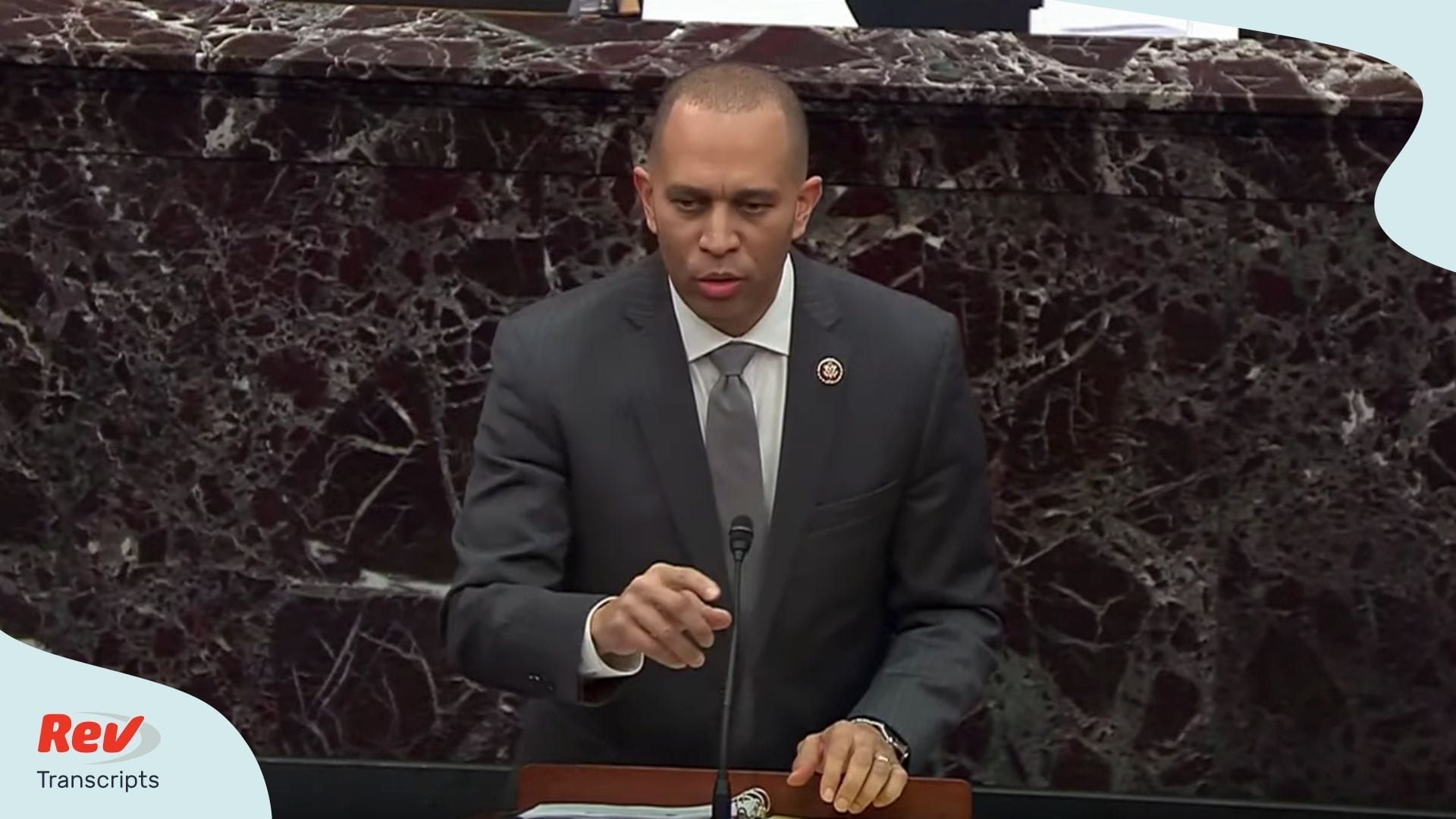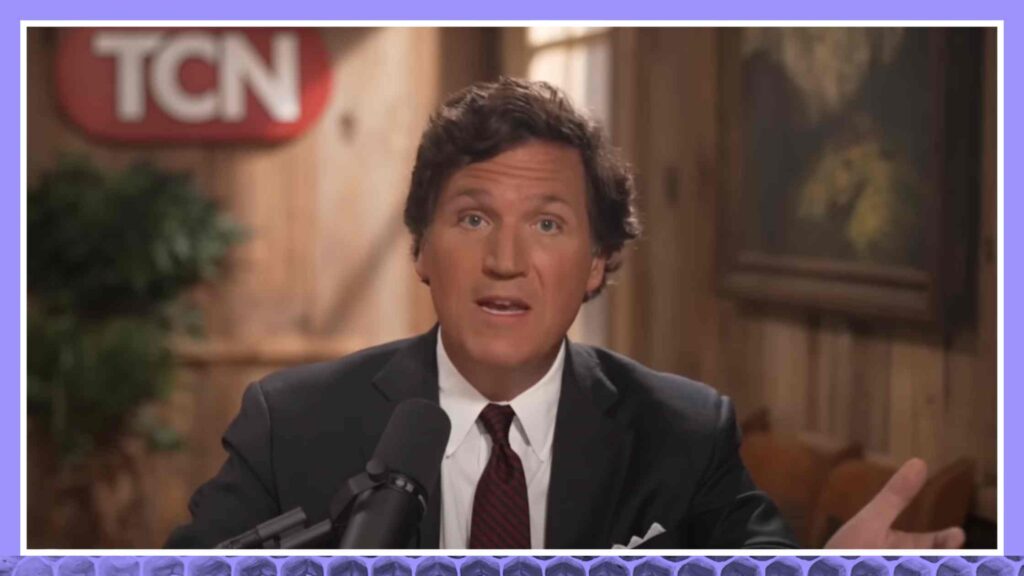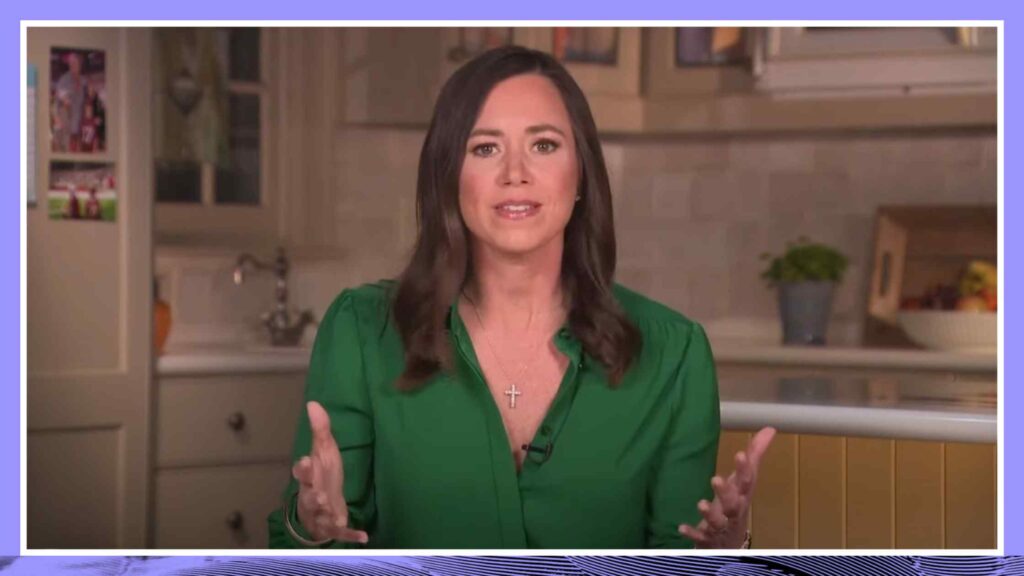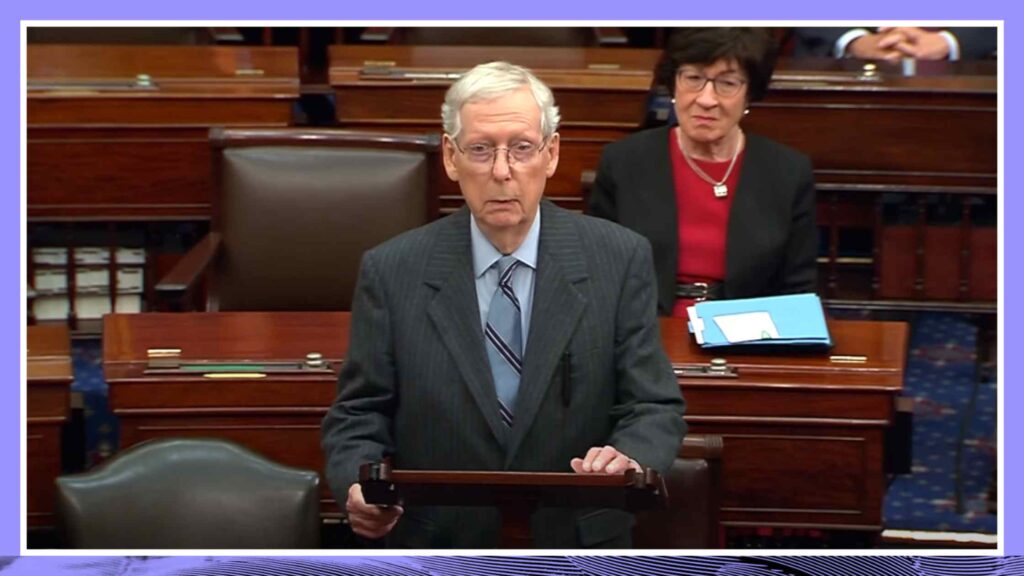Jan 24, 2020
Hakeem Jeffries Impeachment Trial Opening Argument Transcript: Opening Argument at January 24 Trump Trial

Representative Hakeem Jeffries spoke on the Senate floor on January 24, 2020 at the Donald Trump Impeachment Trial and delivered his opening argument. Read the full transcript right here at Rev.com.
Hakeem Jeffries: (00:00)
Mr. chief justice, distinguished members of the Senate, president’s council, the American people. Once again, we are gathered here not as Democrats or Republicans, not as the left or the right, not as progressives or conservatives, but as Americans. Doing our constitutional duty during this moment of presidential accountability and as house managers, we thank you for your courtesy, your attentiveness, and your hospitality. At the heart of article two, obstruction of Congress, is a simple, troubling reality. President Trump tried to cheat, he got caught, and then he worked hard to cover it up. The president tried to cheat, he got caught, and then he worked hard to cover it up.
Hakeem Jeffries: (01:19)
Patrick Henry, one of the nation’s great patriots once said that the liberties of a people never were, nor ever will be secure, when the transactions of their rulers may be concealed from them. Let’s now address the effort by President Trump and his team to cover up his wrongdoing. By July of 2019, White House officials were aware of serious allegations of misconduct by President Trump regarding Ukraine. But instead of halting the president’s corrupt scheme, they worked overtime to conceal it from the American people. As additional evidence of the president’s wrongdoing mounted, White House lawyers redouble their efforts to prevent Congress and the American people from learning of the president’s misconduct.
Hakeem Jeffries: (02:21)
At the same time, top administration officials including Secretary of State Pompey, Secretary of Defense Esper, and National Security Advisor, John Bolton, tried to convince President Trump to lift the hold on the security assistance. They failed. President Trump was determined to carry out his corrupt scheme. The military insecurity aid was only released on September 11th after the hold became public, after the house launched an investigation, and after Congress learned about the existence of a whistleblower complaint. The $391 million insecurity aid was only released because President Trump was caught red handed. The actions of President Trump and high level White House officials allowed his abusive power to continue beyond the watchful lie of Congress and most importantly, the American people. As we have discussed at length, on July 10th Ambassador Sonland told the Ukrainians and other US officials that he had a deal with acting chief of staff, Mick Mulvaney, to schedule the White House meeting President Zelinsky wanted if the new Ukrainian leader committed to the phony investigations that President Trump sought. As you’ve seen in testimony shown during this trial, following that meeting, national security council officials, Dr. Fiona Hill and Lieutenant Colonel Alexander Vindman immediately reported this information to John Eisenberg, the legal advisor for the national security council and a deputy counsel to the president. According to Dr. Hill, Mr. Eisenberg told her that he was also concerned about that July 10th meeting. On the screen is Dr. Hill’s deposition testimony where she explains Mr. Eisenberg’s reaction saying, “I mean, he wasn’t aware that Sonland, Ambassador Sonland was kind of running around doing a lot of these meetings and independently. We talked about the fact that ambassador silence said he’d been meeting with Giuliani and he was very concerned about that and he said that he would follow up on this.”
Hakeem Jeffries: (05:05)
So Eisenberg was very concerned about that and said that he would follow up on this. Dr. Hill further testified that Mr. Eisenberg told her that he followed up with his boss, the distinguished White House counsel, Pat Sipalone. However, because the president blocked Mr. Eisenberg from testifying in the house, we do not know what if anything he or Mr. Sipalone did in response to this deeply troubling information. What we do know is that President Trump’s effort to cheat continued with reckless abandon. By failing to put the brakes on the wrongdoing after that July 10th meeting, even after they were notified by concerned national security officials, the White House attorneys allowed it to continue unchecked. Right around the same time that July 10th meetings at the White House took place, the office of management and budget began executing President Trump’s illegal order to withhold all security assistance from Ukraine.
Hakeem Jeffries: (06:29)
On July 12th Robert Blair, an assistant to the president, communicated the hold to the acting director of the office of management and budget, Russell Vaught on July 18th, an office of management and budget official communicated the hold to other executive branch agencies including the Department of State and the Department of Defense. And a week later, on July 25th, President Trump had his imperfect telephone call with President Zelinsky, and directly pressured the Ukrainian leader to commence phony political investigations as part of his effort to cheat and solicit foreign interference in the 2020 election.
Hakeem Jeffries: (07:21)
The July 25th call marked an important turning point. If there was any question among senior White House officials and attorneys about whether President Trump was directly involved in the Ukraine scheme as opposed to just a rogue operation being led by Rudolph Giuliani or some other underlings, after July 25th there can be no mistake. The president of the United States, what’s undoubtedly calling the shots. Thereafter, the complicity of the White House officials with respect to the coverup of the president’s misconduct intensified. Immediately after the July 25th call, both Lieutenant Colonel Vindman and his direct supervisor, Tim Morrison, reported their concerns about the call to Mr. Eisenberg and his deputy, Michael Ellis. In fact, within an hour after the July 25th call, Lieutenant Colonel Vindman returned again a second time to Mr. Eisenberg and reported his concerns.
Lt. Col Vindman: (08:51)
I was concerned by the call. What I heard was inappropriate, and I reported my concerns to Mr. Eisenberg. It is improper for the president of the United States to demand a foreign government investigate a US citizen and a political opponent. I was also clear that if Ukraine pursued investigation … It was also clear that if Ukraine pursuit and investigation into the 2016 elections, the Bidens in Burisma, it would be interpreted as a partisan play. This would undoubtedly result in Ukraine losing bipartisan support, undermining US national security, and investing Russia’s strategic objectives in the region.
Lt. Col Vindman: (09:29)
I want to emphasize to the committee that when I record my concerns on July 10th relating to Ambassador Solomon and then July 25th relating to the president, I did so out of a sense of duty. I privately reported my concerns in official channels to the proper authority in the chain of command. My intent was to raise these concerns because they had significant national security implications for our country. I never thought I’d be sitting here testifying in front of this committee and the American public about my actions. When I reported my concerns, my only thought was to act properly and to carry out my duty.
Hakeem Jeffries: (10:08)
Timothy Morrison, the National Security Council senior director for Europe and Russia also reported the call to Mr. Eisenberg and asked him to review the call, which he fed would be damaging if leaked.
Speaker 2: (10:26)
Mr. Morrison, shortly after you heard the July 25th call, you testified that you alerted the NSC legal advisor, John Eisenberg, pretty much right away. Is that right?
Tim Morrison: (10:39)
Correct.
Speaker 2: (10:40)
And you indicated in your opening statement, or at least from your deposition, that you went to Mr. Eisenberg out of concern over the potential political fallout if the call record became public, and not because you thought it was illegal, is that right?
Tim Morrison: (10:56)
Correct.
Speaker 2: (10:58)
But you would agree, right, that asking a foreign government to investigate a domestic political-
Speaker 2: (11:03)
Right, that asking a foreign government to investigate a domestic political rival is inappropriate, would you not?
Tim Morrison: (11:08)
It’s not what we recommended the president discuss.
Hakeem Jeffries: (11:15)
July 25th call was at least the second time that National Security Council officials had reported concerns about President Trump’s pressure campaign to White House lawyers. The second time, who now clearly understood the gravity of the ongoing misconduct. But because the president blocked Mr. Eisenberg from testifying without any justification, the record is silent as to what if any actions he or the White House Counsel took to address President Trump’s brazen misconduct and abuse of power.
Hakeem Jeffries: (11:58)
We do know however, that instead of trying to hope the scheme, White House lawyers facilitated it by taking affirmative steps to conceal evidence of President Trump’s misconduct. For example, after Lieutenant Colonel Vindman and Mr. Morrison reported their concerns related to the July 25th call to the national security council lawyers, they tried to bury the call summary. They tried to bury it. Lieutenant Colonel Vindman testified that the National Security Council lawyers believed it was “Appropriate to restrict access to the call summary. For the purpose of the leaks and to preserve the integrity of the transcript.” According to Lieutenant Colonel Vindman, Mr. Eisenberg gave the go ahead to restrict access to the call summary.
Hakeem Jeffries: (13:08)
Mr. Morrison testified that he learned in late August after he raised concerns that the call record might leak and politically damaged the precedent. That the call summary had been placed on a highly classified National Security Council server. The call record was placed on a server that is reserved for America’s most sensitive national security secrets and covert operations, not routine calls with foreign leaders. Apparently, Mr. Eisenberg claimed at the time that burying the call transcript on a highly classified server was a mistake.
Counsel: (14:00)
Now, in a second meeting with Mr. Eisenberg, what did you recommend that he do to prevent the call record from leaking?
Tim Morrison: (14:09)
I recommended we restrict access to the package.
Counsel: (14:12)
Had you ever asked the NSC Legal Advisor to restrict access before?
Tim Morrison: (14:16)
No.
Counsel: (14:18)
Did you speak to your supervisor, Dr. Kupperman before you went to speak to John Eisenberg?
Tim Morrison: (14:22)
No.
Counsel: (14:24)
Did you subsequently learned that the call record had been put in a highly classified system?
Tim Morrison: (14:29)
I did.
Counsel: (14:30)
And what reason did Mr. Eisenberg give you for why the call record was put in the highly classified system?
Tim Morrison: (14:36)
It was a mistake.
Counsel: (14:38)
He said it was just a mistake?
Tim Morrison: (14:40)
It was an administrative error.
Hakeem Jeffries: (14:44)
And Mr. Morrison’s view, the July 25th call record did not meet the requirements to be placed on the highly classified server. At his deposition, Mr. Morrison testified that the call record was placed on the server by mistake. However, even after this alleged mistake was uncovered, the July 25th call summary was not removed from the classified system because someone was trying to hide. It was not until the launch of the house impeachment inquiry in late September and after intense public pressure that the rough transcript of the July 25th call was released.
Hakeem Jeffries: (15:37)
Again, because Mr. Eisenberg and Mr. Ellis refused to testify in the house. We do not know exactly how the July 25th call record ended up on this highly classified National Security Council server. What we do know is that Mr. Eisenberg ordered access restricted after multiple officials like Dr. Fiona Hill and Lieutenant Colonel Vindman advised him of the scheme to condition a White House meeting on phony political investigations. This strongly suggest that there was an active attempt to conceal the clear evidence of the president’s wrongdoing. Instead of addressing the president’s misconduct, Mr Eisenberg seemingly tried to cover it up.
Hakeem Jeffries: (16:36)
Why did Mr. Eisenberg place the July 25th call summary on a server for highly classified material? Did anyone senior to Mr. Eisenberg direct him to hide the call record? Why did the call record remain on the classified server even after the called era was discovered? Who ordered the coverup of the call record? Who ordered the coverup of the call record the American people deserve to know? Following July 25th call, the president scheme to pressure Ukraine for political purposes intensified. Apparently unchecked by any effort to stop it from the White House Counsel’s office.
Hakeem Jeffries: (17:32)
After the July 25th call, Ambassadors Sondland and Volker worked with the president’s personal lawyer, Rudolph Giuliani, to procure a public statement from President Zelensky to announce phony investigations into Joe Biden and the CrowdStrike conspiracy theory being peddled by President Trump. At the same time, President Trump continued to withhold the White House meeting and security assistance from Ukraine in a manner that broke the law.
Hakeem Jeffries: (18:02)
As these efforts were ongoing, White House attorneys reportedly received yet another warning sign that the president was abusing his power. According to a published report in the New York Times the week after July 25th call, an anonymous whistleblower reported concerns that the president was abusing his office for personal gain. The whistleblower complaint landed in the CIA General Counsel’s Office. Although the concerns related directly to the president’s own misconduct, the CIA’s General Counsel, Courtney Elwood, alerted Mr. Eisenberg.
Hakeem Jeffries: (18:48)
Over the next week, Mrs. Elwood, Mr. Eisenberg and the deputies reportedly discussed the whistle blow his concerns. And they determined as required by law that the allegations had a reasonable basis. So by early August, White House lawyers began working along with attorneys at the Department of Justice to cover up the president’s wrongdoing. They were determined to prevent Congress and the American people from learning anything about the president’s corrupt behavior. Although senior justice department officials, including attorney general Bill Barr, were reportedly made aware of the concerns about corrupt activity no investigation into President Trump’s wrongdoing was even open by the Department of Justice.
Hakeem Jeffries: (19:52)
As White House and justice lawyers were discussing how to deal with the whistleblower’s concerns, on August 12th another important date, the whistleblower filed a formal complaint with the inspector general for the intelligence community. In accordance with federal law, on August 26th the Inspector General transmitted the whistleblower complaint to the acting Director of National Intelligence, Joseph McGuire, along with the Inspector General’s preliminary conclusion that the complaint was both credible and related to a matter of urgent concern. Urgent concern. But instead of transmitting the whistleblower complaint to the house and to this Senate distinguished Intelligence Committee as required by law. The Acting Director of National Intelligence notified the White House.
Adam Schiff: (20:59)
All that I’m still trying understand the chronology. So you first went to the Office of Legal Counsel and then you went to White House Counsel?
Joseph Maguire: (21:08)
We went, excuse me. And then to the… repeat that please, sir.
Adam Schiff: (21:12)
I’m just trying to understand the chronology. You first went to the Office of Legal Counsel and then you went to the White House Counsel?
Joseph Maguire: (21:20)
No, no, no sir. No sir. No, we went to the White House first, to determine to ask the question-
Adam Schiff: (21:26)
Okay. That’s all I wanted to know is chronology. So you went to the White House first? So you went to the subject of the complaint for advice first, about whether you should provide the complaint to Congress?
Joseph Maguire: (21:41)
There were issues within this. A couple of things. One, it did appear that it has executive privilege. If it does have executive privilege, it is the White House that determines that. I cannot determine that as the Director of National Intelligence.
Hakeem Jeffries: (22:00)
Under federal law, the acting director of national intelligence…
Hakeem Jeffries: (22:03)
Under federal law, the Acting Director of National Intelligence was required to share the whistleblower complaint with Congress. Period. Full stop. If that had occurred, the president scheme to withhold security assistance and a White House meeting being sought by the new Ukrainian leader to pressure Ukraine for his own personal political gain would have been exposed. To prevent that from happening, the president’s lawyers and top level advisors adopted a two prong cover up strategy. First block Congress and the American people from learning about the whistleblower complaint. Second, try to convince president Trump to lift the hold on the security assistance before anyone can find out about it and use that evidence against him. As to the first prong, sometime after the Acting Director of National Intelligence told the White House counsel’s office about the complaint on August 26th, Mr. Cipollone and Mr. Eisenberg reportedly briefed the president. They likely discussed with president Trump whether they were legally required to give the complaint to Congress.
Hakeem Jeffries: (23:32)
They stated that they were consulting with the Office of Legal Counsel at the Department of Justice. The Acting Director of National Intelligence testified that he and the Inspector General consulted with the Office of Legal Counsel who opined without any reasonable basis that he did not have to turn over the complaint to Congress. On September 3rd, the day after the statutory deadline for the Director of National Intelligence to provide the complaint to this body and to the House, the Office of Legal Counsel issued a secret opinion concluding that contrary to the plain language of the statute, the Acting Director of National Intelligence was not required to turn over the complaint. The coverup was in full swing.
Hakeem Jeffries: (24:33)
The Office of Legal Counsel opined that the whistleblower complaint did not qualify as an urgent concern and therefore did not have to be turned over. What can be more urgent than a sitting president trying to cheat in an American election by soliciting foreign interference? What can be more urgent than that? That’s a constitutional crime in progress, but they concluded it wasn’t an urgent matter. Acting Director of National Intelligence, Maguire, testified that the Office of Legal Counsel opinion did not actually prevent him from turning over the complaint to Congress. Instead, based upon his testimony, it is clear that he withheld it on the basis that the complaint might deal with information that he believed could be covered by “executive privilege”.
Hakeem Jeffries: (25:42)
But president Trump never actually invoked executive privilege. He never actually invoked executive privilege, nor did he inform Congress that he was doing so with respect to this complaint. Instead, the White House secretly instructed the Acting Director of National Intelligence to withhold the complaint based on the mayor possibility that executive privilege could be invoked. By doing so, the White House was able to keep the explosive complaint from Congress and the American public without ever having to disclose the reason why it was withholding this information, but truth crushed to the ground will rise again. There’s a toxic mess at 1600 Pennsylvania Avenue and I humbly suggest that it’s our collective job on behalf of the American people to try to clean it up.
Hakeem Jeffries: (26:56)
President Trump tried to cheat. He got caught and then he worked hard to cover it up. There’ve been many great presidents throughout the history of this republic, great Republican presidents and great Democratic presidents. Perhaps one of the greatest presidents is Abraham Lincoln. He once said that any man can handle adversity, but if you want to test a man’s character, give him some power. America is a great nation. We can handle adversity better than any other country in the world. Whenever America has found itself in a tough spot, we always make it to the other side. We were in a tough spot during the Civil War when America was at risk of tearing itself apart, but we made it to the other side. A tough spot in October of 1929 when the stock market collapsed plunging us until the Great Depression, but we made it to the other side. We were in a tough spot in December of 1941 when a foreign power struck plunging us into a great conflict with the evil empire of Nazi Germany, but America made it to the other side. We were in a tough spot in the 1960s dealing with the inherent contradictions of Jim Crow, but we made it to the other side. We were in a tough spot on September 11th when the towers were struck and young men and women like Jason Crow were sent to Afghanistan to fight the terrorists there so we didn’t have to fight the terrorist here, and we made it to the other side. America is a great country. We can handle adversity better than any other nation in the world, but what are we going to do about our character?
Hakeem Jeffries: (29:36)
President Trump tried to cheat and solicit foreign interference in an American election. That is in attack on our character. President Trump abused his power and corrupted the highest office in the land. That is an attack on our character. President Trump tried to cover it all up and hide it from the American people and obstruct Congress. That’s an extraordinary attack on our character. America is a great nation. We can handle adversity better than any other country in the world, but what are we going to do about our character?
Transcribe Your Own Content
Try Rev and save time transcribing, captioning, and subtitling.



